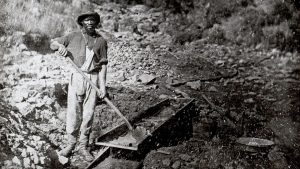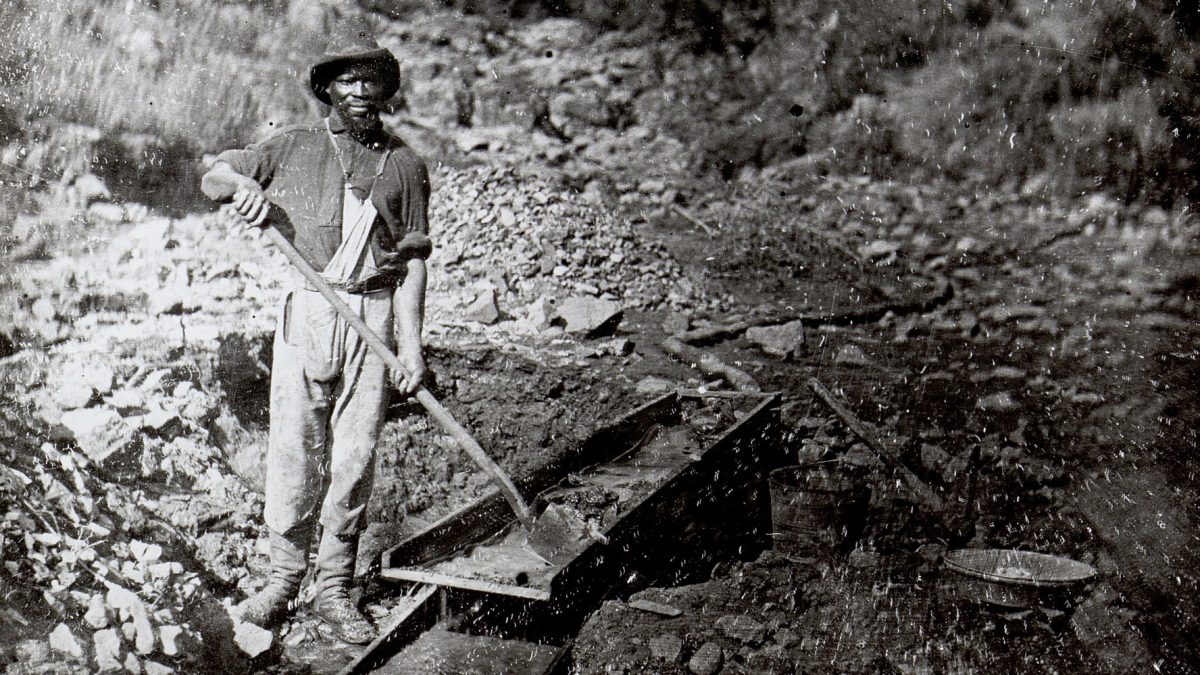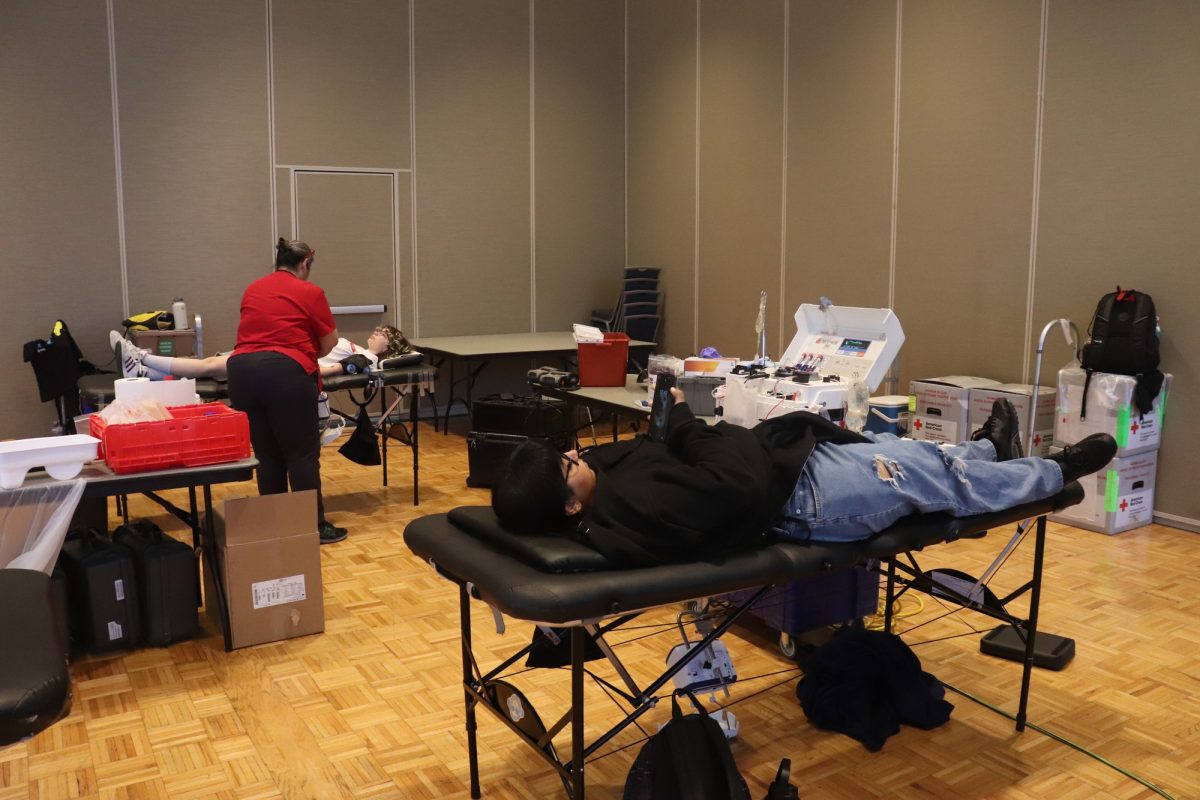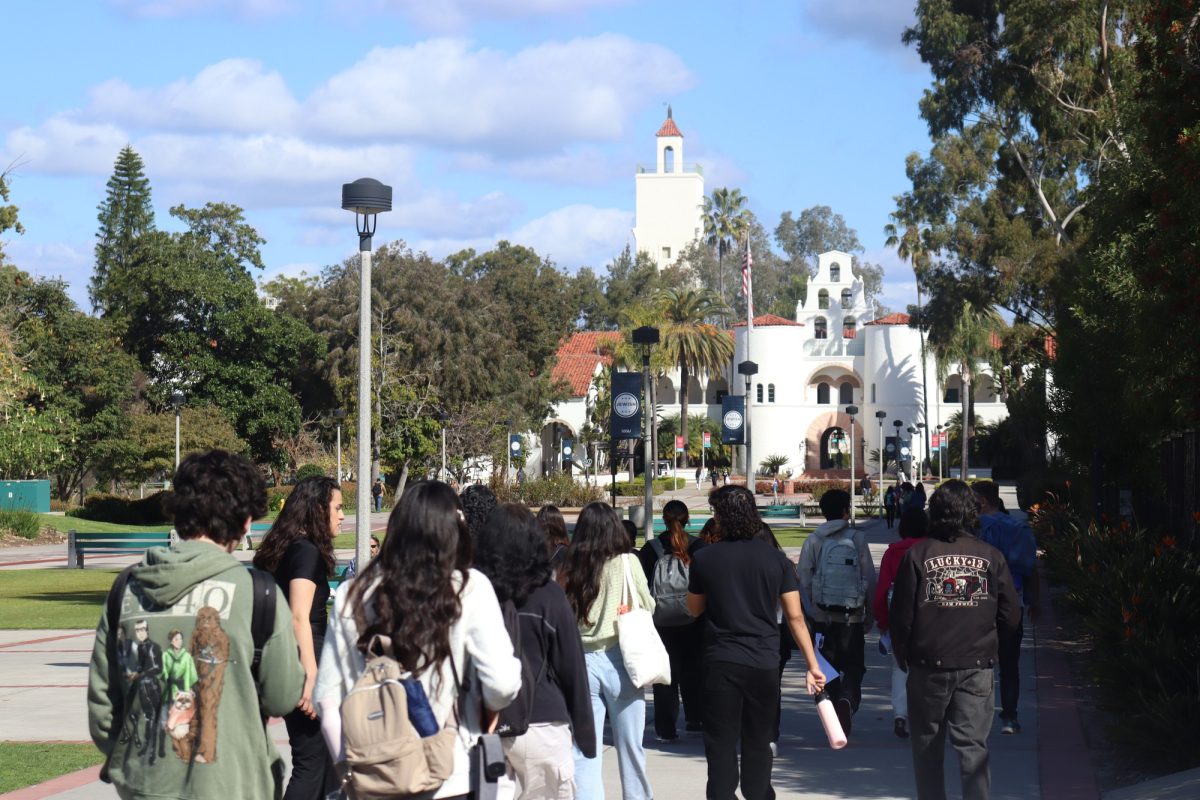Whenever I hear the ’08 presidential candidates voicing despair about the U.S. economy and talking about how they’re going to cure its ills, I remember the gut wisdom of Dave Vasvari.
During a stump speech by John Kerry in Youngstown, Ohio, in 2004, I fell into conversation with Vasvari, a hard-hat electrician. At that moment, Kerry was vowing to cure our economic ills, and Vasvari snorted an inch from my ear. He said, “This is all just showboatin’. See this guy right here? You think he can do anything about (the economy)? The economy runs on its own cycles, no matter who’s in there.”
Barack Obama and John McCain won’t ever say that, because in this country we cling to the myth of the omnipotent presidency. A candidate would probably commit political suicide if he admitted the truth, which is that, while presidents are indeed powerful in certain respects (they can now listen in on your phone calls), they cannot control global economic markets. They cannot stop China and India and Brazil from joining the capitalist money chase and sometimes beating us at our own game. Heck, they cannot even control the crafters of monetary policy at the Federal Reserve.
In fact, a study by two economists, Ben Olken of Harvard and Ben Jones of Northwestern, has basically confirmed all that. They wanted to know whether the top dogs on the world scene have any clout over their economies. They ultimately concluded that “the effects of leaders are very strong in autocratic settings, but much less so in the presence of democratic institutions.” If you really want to flex economic muscle, it pays, evidently, to be a dictator.
The presidential candidates know the deal, which is why they revert so often to rhetorical smoke and mirrors. They really have no idea whether their economic agendas will make a difference, and besides, those agendas are tough to communicate in sound bites. It’s much easier for a candidate to exude empathy, to insist that he feels the voter’s economic pain, to paint the other guy as out of touch. The subtext of McCain’s latest slam on Obama _ that he’s a Paris Hilton celebrity who likes to eat those effete protein bars _ is the insinuation that the Democrat is living large, and therefore incapable of bonding with the doleful average Joe.
It’s much harder to fess up about the hard truths, which is why they won’t. For instance, it’s true that presidents can nudge the economy at the margins, via the tax-and-spend fiscal powers they share with Congress, and they can use the bully pulpit to encourage a mood of confidence. But they cannot wave a wand, trigger a plummet in the global price of oil, and make America safe for SUVs again.
China alone has precipitated a 12 percent increase in global oil demand since 2000, at a time when supplies have been pinched by conditions beyond any president’s control _ civil unrest in Nigeria, the nationalization of the Venezuelan oil fields, and the fact that OPEC, the 12-nation combine that produces roughly 40 percent of the world’s oil, has barely increased its output since 1979.
Or consider another facet of our current predicament, the subprime-mortgage crisis. Some liberal bloggers derided President Bush the other day, after word got around that Bush, speaking at a fund-raiser, had blamed Wall Street for the mess. Their derision implied that Bush had tried to dodge responsibility (after all, isn’t the president supposed to be in charge?), but actually, he was right when he said that “Wall Street got drunk.” The banks generated all kinds of speculative capital, luring millions of prospective homeowners (as well as upscale folks seeking to build second homes) with the promise of sweet terms and easy money.
No president can cure the cyclical outbreaks of all-American greed _ or control the Federal Reserve, which helped make it all possible by relentlessly lowering interest rates. Indeed, the independence of the Fed and the failure of presidential influence are best illustrated by the relationship, nearly two decades ago, between the first President Bush and Fed Chairman Alan Greenspan.
Plagued by a recession in 1990, Bush wanted Greenspan to cut interest rates sharply and flood the market with money. Greenspan, who feared the onset of inflation, repeatedly refused. Greenspan’s term as chairman was ending, but Bush reappointed him anyway, fearing Wall Street would be angry if he didn’t. And after Bush lost the ’92 election, he blamed Greenspan, saying in an interview, “I reappointed him, and he disappointed me.” It was a rare confession by a president of his own lack of economic clout.
Actually, the country was emerging from recession when Bush stood for re-election. But he was defeated, in part, because he flunked the symbolic tests I cited earlier. He allowed himself to be perceived as “out of touch.” On the stump, he literally read the phrase Message: I Care from an index card his aides had handed to him; it didn’t look good that he needed prompting. Later that year, he expressed awe while being shown a new supermarket scanning device, and, while it’s possible he was just being polite, the incident suggested to many that he was clueless about the way real people lived.
The same kind of shorthand symbolism is happening now. Few voters are acquainted with the substance of McCain’s economic agenda; far more are aware that McCain’s chief economic adviser, Phil Gramm, recently assailed us as “a nation of whiners” suffering merely from a “mental recession.” That incident made McCain appear out of touch with real people, which is why Gramm is no longer the chief economic adviser.
And any day now, as an empathy test first introduced in the ’96 campaign, I’m expecting somebody to ask McCain or Obama to cite the correct price of a loaf of bread and a gallon of milk. But here, I think, is a more substantive question we should be asking ourselves: If a president really did have control over the economy, then why would the economy ever be bad?










